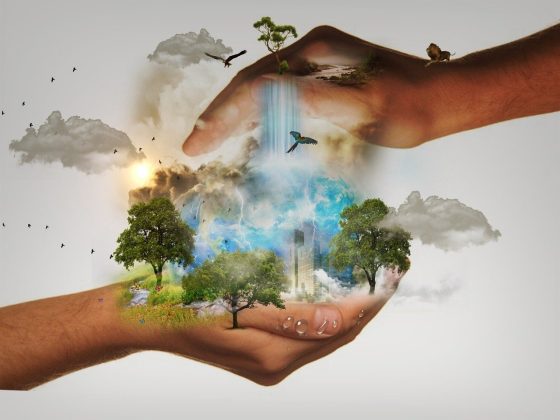There are different kinds of divisions in every society and nation, but in the Israeli nation, the division is much stronger.
“In other nations, there is a feeling of knowing one’s place and degree in society, an unspoken code of how to speak to one person or another. In Israel, however, no one cares about other people’s seeming status. It is the nature of the Israeli nation and of the Jewish people in general.”
“Our lives will become harder and harder in our stubborn divisiveness until we eventually realize the mutual detriment we bring to each other in such a state.”











